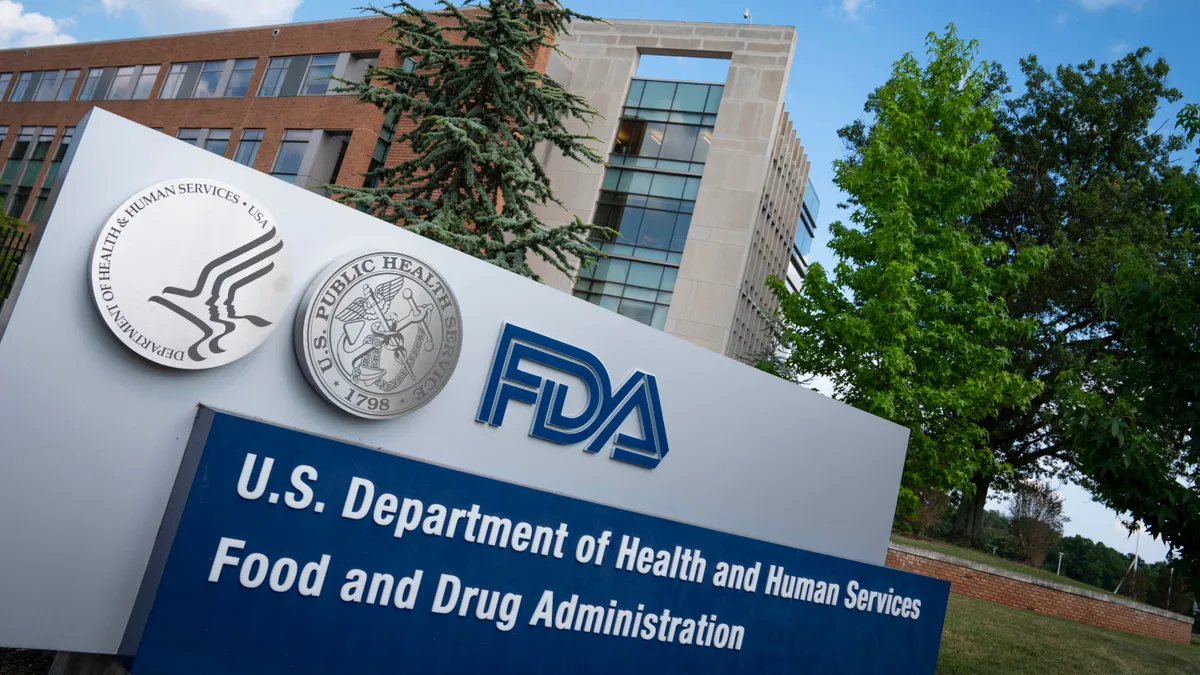Medical device recalls reached their highest point over the last two years in the second quarter with safety and software issues named as the leading causes, according to a report from Sedgwick.
There were 268 recall events last quarter, a 34% increase from the first quarter of 2022, according to the report issued on Thursday. The total number of recalls is about 10% higher than the quarterly average for the last five years.
Safety concerns were the top reason for recalls, accounting for 48 in the quarter. Software issues were the second leading cause of recalls at 47, followed by mislabeling, quality and parts issues.
Over the last six years, only the second quarter of 2020 had more recalls initiated because of safety concerns, the report stated.
While the number of individual recalls increased, the total number of affected units last quarter — 10.1 million — dropped to the lowest point since the first quarter of 2017.
Quality issues had an impact on 5 million units, the most for any other reason provided. However, two recalls accounted for 4 million of those units: one recall for DNA collection kits (over 2.17 million units) and another for defibrillator pads (over 1.8 million units). Other reasons given were safety, mislabeling, sterility and devices being outside of specifications.
Most of the recalls in the second quarter were Class II, at 234 recalls, followed by 21 Class I recalls and 13 Class III recalls.
Class I recalls, the Food and Drug Administration’s most severe classification, accounted for only a fraction of total recalls last quarter, but it was the highest mark in more than 15 years, according to the report.
A recent trend in the medical device industry has been recalls of COVID-19 tests. Companies like Mesa Biotech and Celltrion have recalled products for reasons ranging from false-negative risks to test kits being distributed in the U.S. without proper approval.
In June, North American Diagnostics recalled over 122,000 oral rapid COVID-19 antigen test kits because the FDA didn’t clear, authorize or approve them to be distributed in the U.S.
There were nine recalls of unapproved or unsafe COVID-19 rapid tests in the second quarter, affecting approximately 982,483 units, according to Sedgwick’s report.
“With another highly contagious variant of COVID-19 spreading around the world, at-home COVID tests remain in demand,” the authors wrote. “That means some companies will try to cut corners to get their products on the market quickly, sometimes without FDA approval.”
In July, there was 96 medical device recalls, affecting 10.8 million units. Software and quality issues were the leading reasons for the recalls last month, tied to 22 recalls and 21 recalls, respectively.











